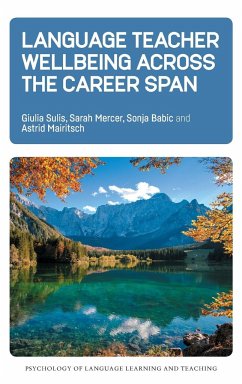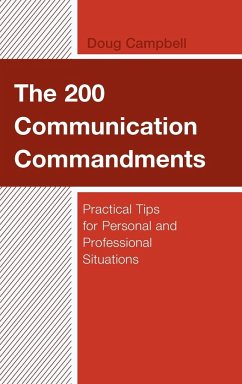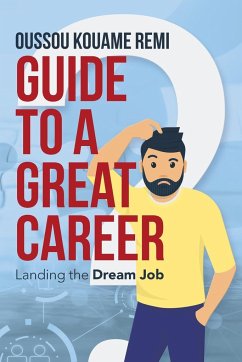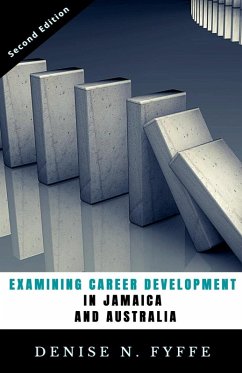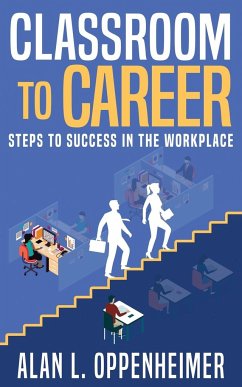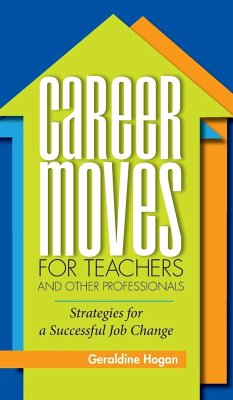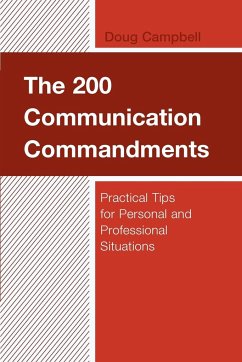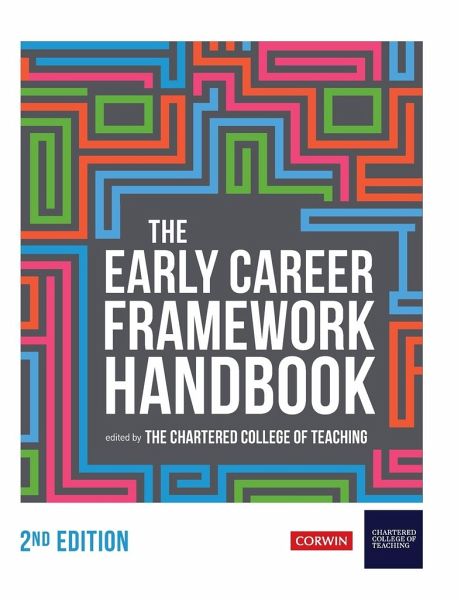
The Early Career Framework Handbook
Versandkostenfrei!
Versandfertig in 1-2 Wochen
87,99 €
inkl. MwSt.
Weitere Ausgaben:

PAYBACK Punkte
44 °P sammeln!
This handbook is your guide to, and companion for, the Early Career Framework (ECF). It is both useful and thought-provoking and includes chapters covering all aspects of the ECF from well-known teachers and researchers across the world of education.





